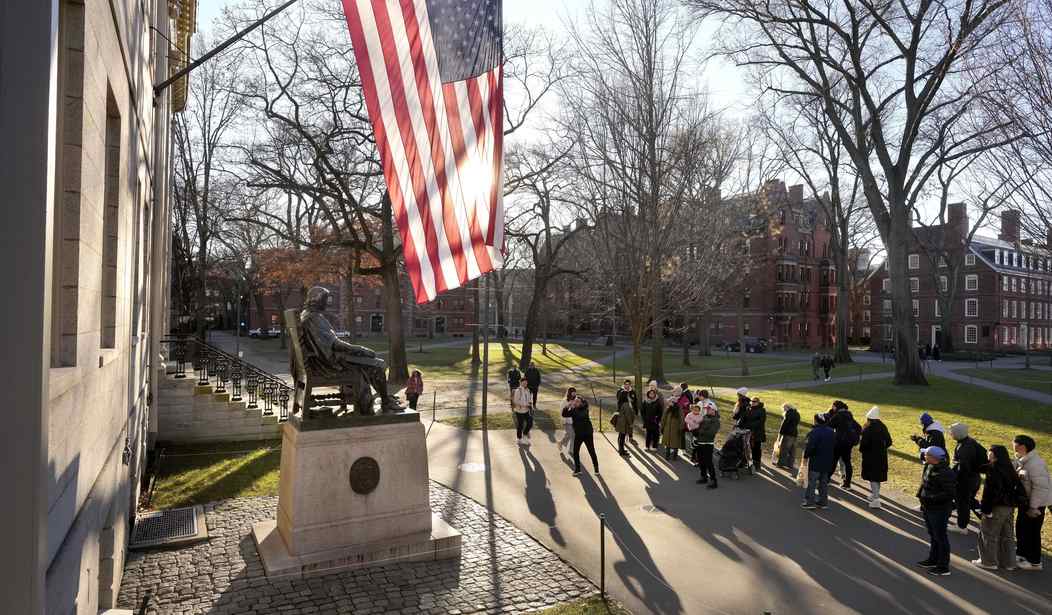Who knew being a professor could be so lucrative? Former Harvard University President Claudine Gay, who resigned after antisemitism and plagiarism scandals which occurred under her watch, will return to the faculty and haul in close to $900,000 a year in salary. Her classes must be amazing.
But guess who’s got it even better? Her replacement (at least for now), interim president Dr. Alan M. Garber, the school’s provost. He is paid around $946,000 a year for his work – but that’s only the beginning of his earnings. He made more in 2022 -- $936,000 more -- serving as a board member for two major drug companies, Vertex Pharmaceuticals and California-based Exelixis Inc.
Why would it be problematic to have your provost or university president serving as a board member for pharmaceutical companies, you might ask. Remember COVID? When our nation’s institutions of higher education went off the deep end and forced young people into isolation, sent students home altogether for Zoom classes (but didn’t lower the price), and then ultimately required that they get unproven vaccines to be allowed on campus?
I do.
Some are questioning these side hustles:
The practice of university leaders serving on the boards of private and public for-profit companies — and earning significant compensation for it — is increasingly widespread. But experts on university governance and critics say it can raise a host of conflicts of interest, especially in health care industries where academia and industry are often deeply enmeshed.
Carolyn Becker, a retired associate professor of medicine at Harvard Medical School who wants such gigs to be banned, said:
To put someone in as president, even in the interim, who has some major conflicts of interest that take him away from his all-encompassing role — they need his full attention focused on the job at hand.
She noted that academics could prioritize their fiduciary responsibilities to companies over the well-being of the campus and the students. “It’s such an obvious conflict, especially for people in the medical field,” Becker said.
Indeed, we’ll probably never know how big a role the pharmaceutical industry played in the draconian response of many of our nation’s schools during COVID, but you can bet it was significant.
Garber’s board member gigs have earned him more than $6.6 million, according to the Boston Globe; plus, he’s allowed to expense things like travel and lodging.
Harvard is not alone in this practice; about a third of elite university presidents sit on corporate boards and rake in around $250,000 to $275,000 a year.
The scandals that rocked the top-tier of our academic institutions over rampant antisemitism on campuses, and then Gay's plagiarism issues, have brought new scrutiny to these schools. We've known there was rot at the core of many of these left-wing hotbeds, but we're now learning how deep it goes.
READ: Three Blind Mice: Victor Davis Hanson Scorches Disgraced University Presidents
My main takeaway from all this: I should have been an academic.
See also:
Bill Ackman Lights Up Colleges and Media in Fiery Posts After Wife Targeted for Plagiarism














Join the conversation as a VIP Member